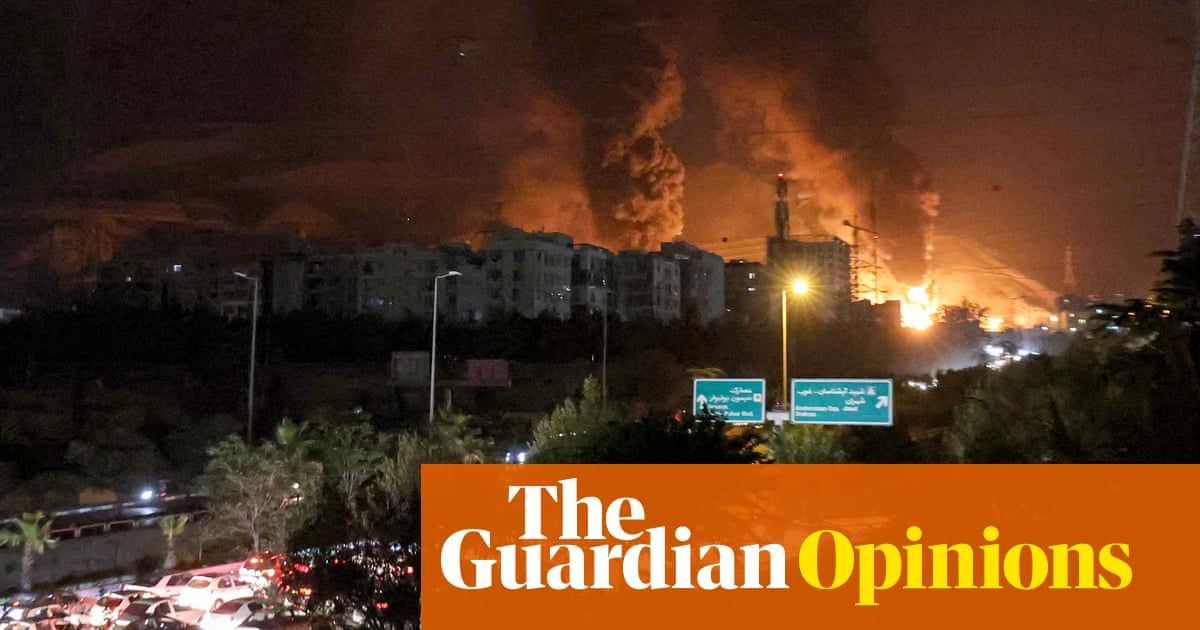
"On the eve of the 1991 Gulf war, General Schwarzkopf remarked on the complexities of regime change, reinforcing that while it's easy to desire change, executing it is fraught with challenges."
"The phrase 'regime change' often oversimplifies the intricacies involved, masking the prolonged hardships endured by ordinary citizens, whose lives are disrupted long after the change."
"Western governments have come to recognize that interventions, like those in Afghanistan and Iraq, can have haunting, far-reaching consequences, often stemming from blind optimism in regime change."
"Despite the oppressive nature of Iran's regime, the article emphasizes that the desire for change cannot ignore the difficulties of achieving a stable and peaceful alternative."
The article reflects on the complexities of regime change, notably in the context of Iran. General Norman Schwarzkopf's remark during the Gulf War highlights the difficulties of replacing repressive regimes. The author argues that while the desire to remove oppressive governments is valid, the transition is rarely straightforward and often leads to prolonged suffering for ordinary citizens. Historical examples such as the wars in Iraq and Afghanistan illustrate the unforeseen consequences of interventions, leading to lingering political and social instability. The piece calls for a deeper understanding of the true costs of regime change.
Read at www.theguardian.com
Unable to calculate read time
Collection
[
|
...
]